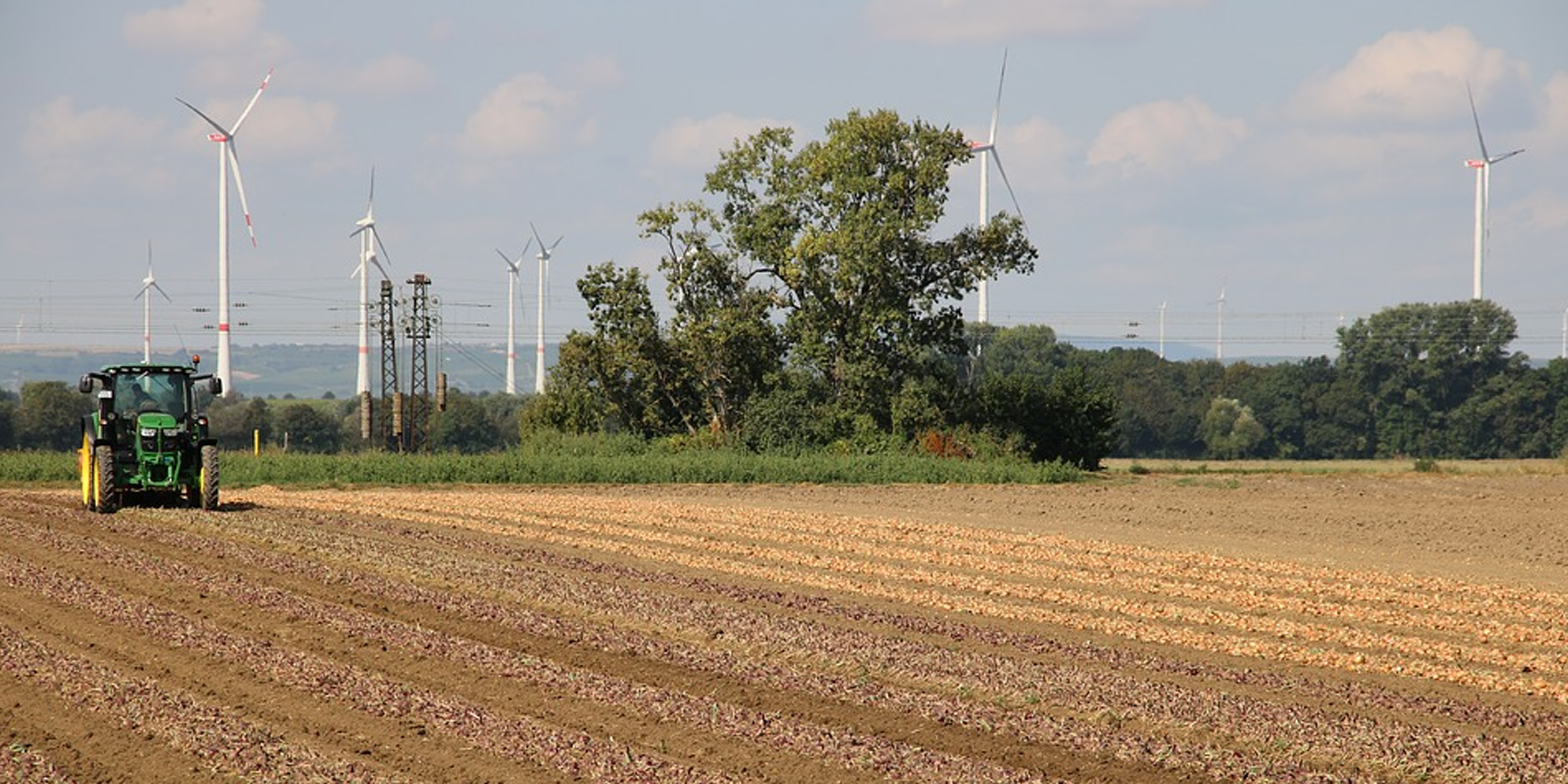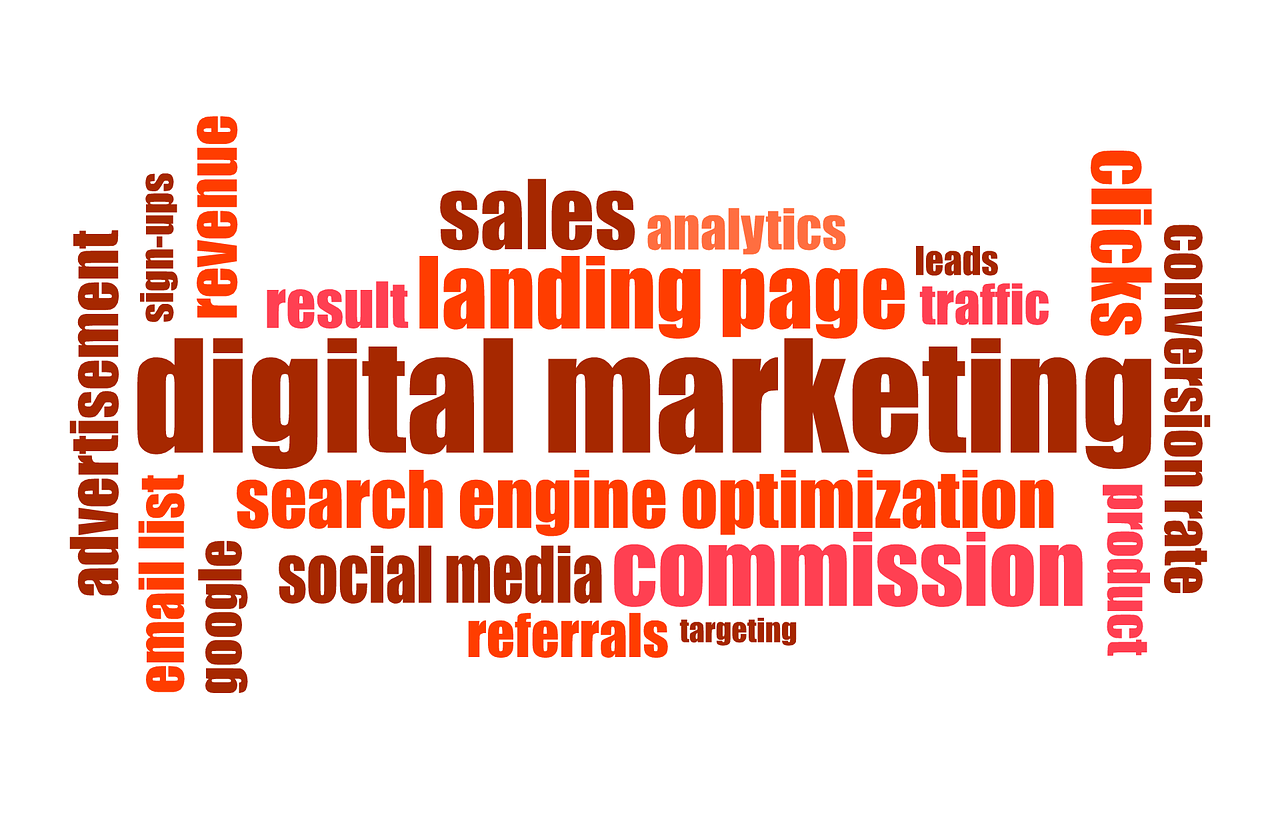How digital marketing can help rural SMEs during the crisis
By Charlie Britten
19 Jun 2020
The worst effects of Covid-19 have been felt in urban areas, but the countryside has still faced significant problems as a result of the pandemic, leaving SMEs with big challenges.
Many SMEs have struggled during the pandemic, while others have managed reasonably well. In the latter case, that has included firms where people can work from home easily, as well as shops that have been allowed to stay open, such as food and drink retailers.
While these kinds of business exist in the countryside as much as the town, there are many other rural SMEs that will have been hit particularly badly. Those reliant on tourism for trade will have missed the benefits of glorious spring weather and sunny bank holidays and have limited prospects for the summer.
The situation may be particularly hard in rural parts of Scotland and Wales, which rely particularly heavily on tourism and have had more stringent lockdowns than rural England.

SMEs may also include firms connected with agriculture, or firms that struggle for staff shortages due to workers catching the virus. While the government’s ‘Pick for Britain’ scheme will help by getting some furloughed workers onto fruit farms to gather the summer harvest that would normally be collected by migrant workers, other firms could be struggling with the consequences of the lockdown.
How digital marketing can help
In such circumstances, many rural firms might consider the present not to be the time for strategic thinking about marketing. However, the reality is that the pandemic has made the benefits of operating digitally in a range of ways more apparent than ever.
Just as digitisation enables many people to work from home, so it offers outstanding marketing opportunities through various means:
- PPC to gain leads and bring in new custom
- Social media management to help maintain communication with past customers as well as offering means of raising awareness of your services for potential new customers
Why digital marketing can aid recovery
SMEs using digital marketing can use it in a variety of ways both in the crisis and as the UK gradually emerges from lockdown.
- It can be particularly useful if you can offer online shopping and delivery, with online shopping at record levels
- It helps you keep informed of when and how you can open up again
- It can also be used to advise people of what steps they may need to take when interacting with your business, such as provisions for social distancing if people have to queue
- It offers a chance for firms to create awareness among potential new customers who could be dreaming of visiting the country once this is allowed
A good example of a small business using digital media in lockdown is the Clachaig Inn in Glencoe. Normally at this time of year it would be doing a roaring trade in both accommodation and refreshments as holidaymakers would flock to the area. Instead it remains closed, but with updates on its website and regular Instagram posts of the local scenery it is maintaining awareness and interest and keeping in touch with regular visitors.

This suggests that the inn knows the buyer persona of its target market well. A key feature of any buyer persona is the need or want that your firm can fulfil. Right now, an unfulfilled desire of many will be to travel to wild places like Glencoe and get up on the mountains. By reminding people of this, it will help ensure this is a priority for people once the restrictions are lifted - thus bringing visitors back to the inn.
With the UK now lowering its alert level to 3, the prospect of the rural economy opening up a bit more from July is looming, which means now could be the very best time to get to work on a digital marketing strategy.
How BeUniqueness can help you
At BeUniqueness, we have years of expertise to offer in helping create a digital marketing campaign. We can help you develop a digital marketing campaign that is appropriate for your SME, focused on the measures that will help you get the best return on marketing investment as the economy opens up again.
